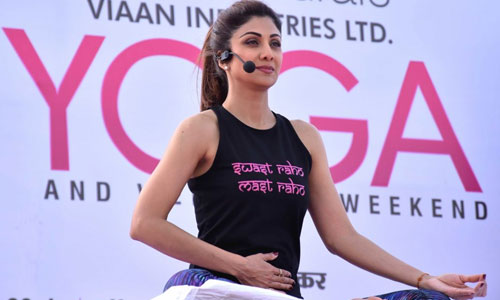14 Reasons Why India is Proud of Rajasthan
Rajasthan, literally meaning the ‘Land of Kings’, is the largest state of India with an area of 3,42,239 sq. km.. The state is known for its royal heritage, vibrant culture, the ruins of the Indus Valley Civilization, the Dilwara Temples, Mount Abu, which is the desert state’s only hill station, Aravalli range, bird sanctuary near Bharatpur and the two national tiger reserves of Rajasthan. Along with featuring all of this, it is Rajasthan’s progress that is making all of India proud of the state. Here are 14 facts that show Rajasthan’s progress.
1. Rajasthan became the first state to submit a smart city plan last year. Two of its major cities, Jaipur and Udaipur are on their way to become two of India’s 20 smart cities.

2. Rajasthan now has the lowest rural unemployment rate in India.

3. The Rajasthan state is well-accessible by road, rail and air. It has a total of 12 National Highways passing through it, which connect the state to all major cities of the country. It also has one of India’s biggest railway networks.

4. Rajasthan beats Gujarat as India’s biggest generator of solar energy. According to reports by the Union Ministry of New and Renewable Energy, Rajasthan became number one in generating solar power India with an installed capacity of 1,167 MW.

5. Rajasthan also boasts of its one international airport in Jaipur, which has daily flights to Dubai, well-connecting the state to different parts of the world. The state has 3 domestic airports at Jodhpur, Udaipur and Kota as well.
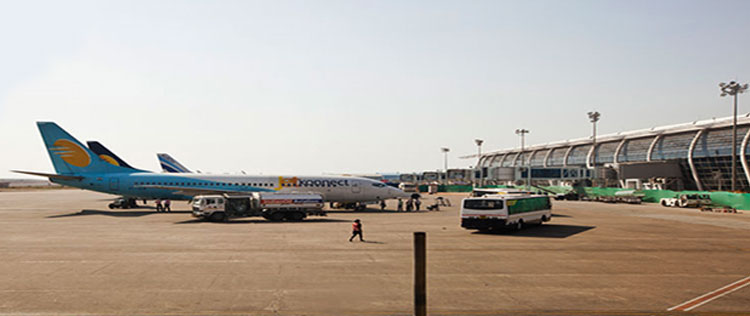
6. Rajasthan has one of the most luxurious trains in the world namely, the ‘Palace on Wheels’. The other luxury trains of Rajasthan - ‘Heritage on Wheels’ and ‘Fairy Queen Train’ also attract travellers from all across the world.

7. Rajasthan tourism holds a prominent position in India’s tourism industry. The state attracts approximately one quarter of all tourist arrivals in India.

8. Though the literacy rate of Rajasthan is relatively low when compared to other states in the country, Rajasthan has made note-worthy progress in education. The literacy rate of the state has gone up impressively from being the lowest in the country at 38.6% in 1991 to achieving 67.06% literacy in 2011. The literacy rate for men in Rajasthan has seen a rise from 54.99% to 84.51% while women’s literacy rate has experienced a growth of 32.22%.
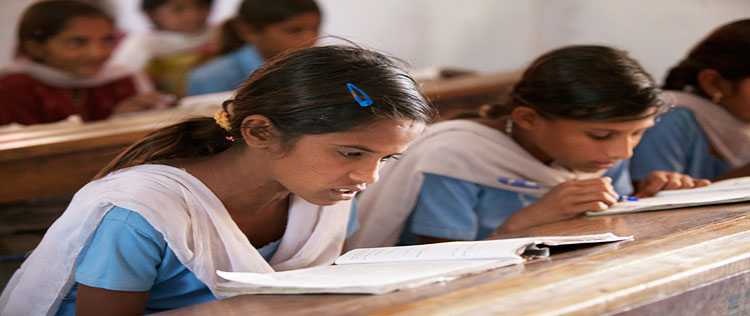
9. Breaking down stereotypes, the state welcomed Afroz Begum and Jahan Aara, the first women Qazis in Rajasthan. They passed the test to become Qazis after completing their two-year training course from a Darul-Uloom-i-Nisawa based in Mumbai and will now work for women rights.
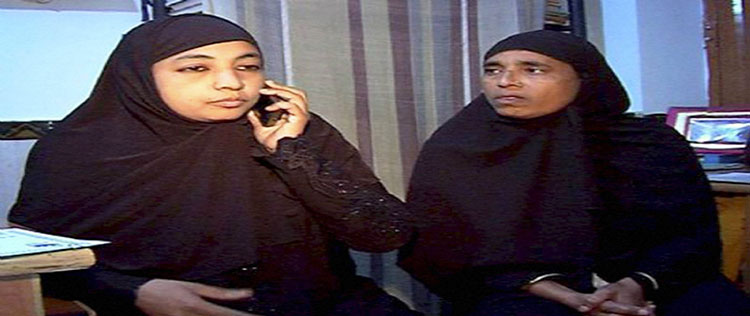
10. Rajasthan became the first state to provide ‘open access’ to the electricity supply market.

11. Rajasthan gave India its first woman Sarpanch with an MBA degree – Chhavi Rajawat. She belongs to the village of Soda in Rajasthan.

12. Rajasthan became the first Indian state to set a minimum educational qualification for Panchayat election candidates. As per amendments in the Rajasthan Panchayat Raj Act, a minimum educational qualification of class VIII pass is mandatory for the post of a Sarpanch, except in tribal reserved areas, where the minimum qualification is class V and class X for Zila Parishad or Panchayat Samiti elections.
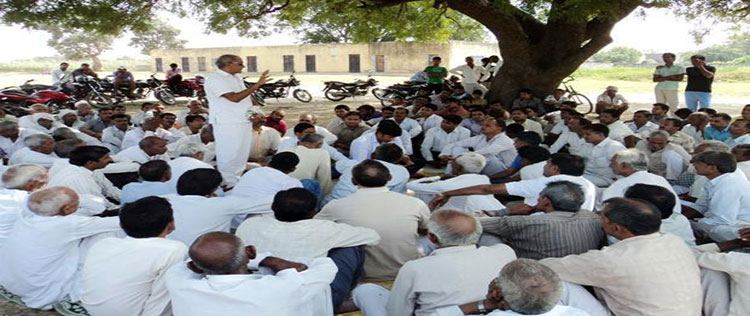
13. Rajasthan became the first state to build the maximum number of toilets under Modi’s Swachh Bharat Abhiyan.

14. Child marriage is a major concern in India, the country which has one-third of the world’s child brides. The ancient tradition of child marriage deprives girls of their right to education and often lands them up into troubles like early childbearing, sexual coercion and violence. Rajasthan state is making an effort end child marriages through its non-profit Veerni Institute at Jodhpur, which is an unusual boarding school providing free education for child brides across Rajasthan.

You May Also Like









